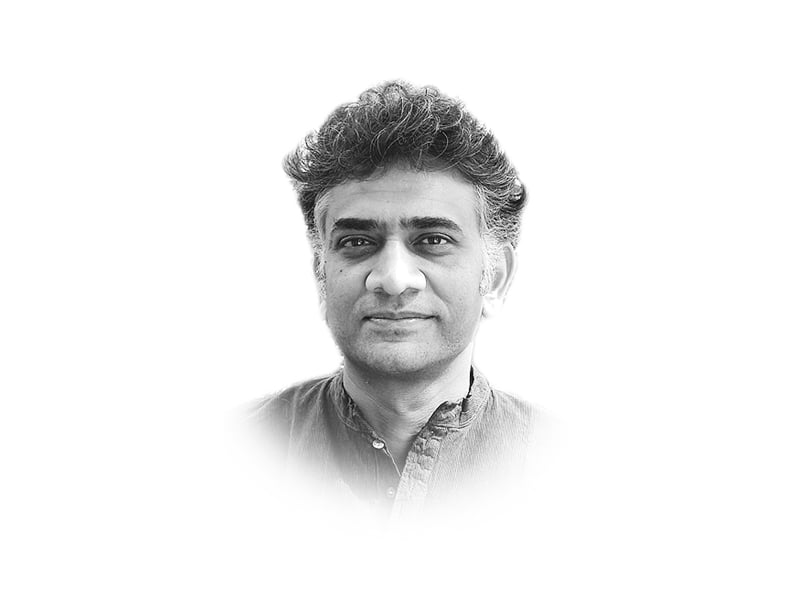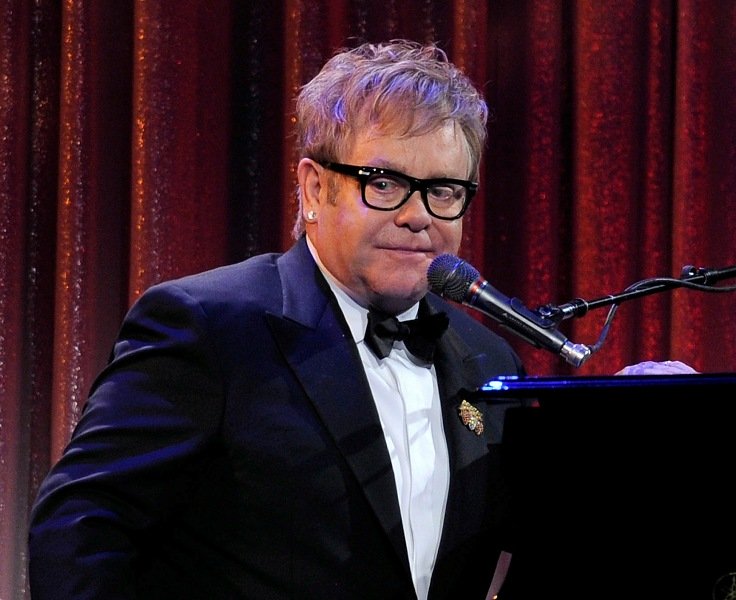
The physician at Harley Street in London I telephoned said he could see me that afternoon but the X-ray results would only be available to him the following day. I couldn’t wait and so went to the accident and emergency ward of a nearby hospital.
There I said I was from Bangalore and was flying out the in the next few days. The attendant registered me and asked me to wait with about a dozen other people, some of them in worse state than I was. After about half an hour I was asked to see a nurse. She saw the swelling and sent me for an X-ray. Here the radiologist took a couple of shots and told me it was a fracture. She asked if I had been walking around with it and I said yes. She called a wheelchair that then took me to another building to see the doctor. After another half an hour’s wait the man (many or most of the doctors here are Indian) showed me the scan. It was a spiral fracture with the line curving across my ankle bone.
He then said I would have to be given a cast and would have to wait half an hour before it could be ready. After a few minutes a woman called my name out and asked for my shoe size. I said it was 11 and she went off to fetch the cast. It turned out to be a large plastic boot with a hard shell outside and a soft inflatable section inside that one could pump to make the foot fit snugly.
The device came with two large socks and the attendant or nurse gave me a demonstration of how to put it on with patience and concern. She then asked if I had been given a CD of my X-ray. I said I had not and she walked with me back to the first building and had the CD burnt. She then told me how to exit the building after the CD came, which took another five minutes.
I did not have to pay anything and the whole thing, the registration, the consultancy, the X-ray and the cast were free. I was out of the hospital some two hours after I had hobbled in.
I am writing this because British newspapers are always full of stories about how terrible the National Health Service (NHS) is. And how people are made to wait for days before they are given an appointment for things like surgery. The NHS is free for all citizens and, apparently, it is free for emergency and accident services also for all, including tourists. I think that is very civilised.
I recognise that my experience may not be the same as that other Britishers have had, and that the emergency section is probably not the best place to judge a government run health service. But the care and efficiency I encountered could not have been but the product of a system that functions well.
I felt guilty of not having to pay but I also recognise that my tax had funded the subsidised education of thousands of Indian doctors who had then migrated to the UK. The UK spends Rs9.3 lakh crore per year on the NHS, which is about Rs1.5 lakh per citizen. India’s Union health budget is Rs33,000 crore per year, which means we spend Rs260 per citizen. Of course we are a poor nation, but we are a poor nation that last year spent Rs59,000 crore buying 36 fighter planes and this year is spending Rs99,000 crore on a bullet train.
It is unthinkable to me that in the UK citizens would allow their government to spend so foolishly on such toys, at the expense of the health of its citizens. It is middle class Indians who dominate the media and its debates who are forcing these choices upon the crores of poor. We think becoming a superpower means being able to fight wars and showing off Japanese technology and building great statues. In the UK, being a civilised nation means being able to put together a state machinery that is efficient and caring and nurtures the human being — even one who is not their citizen.
Published in The Express Tribune, January 8th, 2017.
Like Opinion & Editorial on Facebook, follow @ETOpEd on Twitter to receive all updates on all our daily pieces.



1732259077-0/carti-(1)1732259077-0-165x106.webp)








COMMENTS (2)
Comments are moderated and generally will be posted if they are on-topic and not abusive.
For more information, please see our Comments FAQ